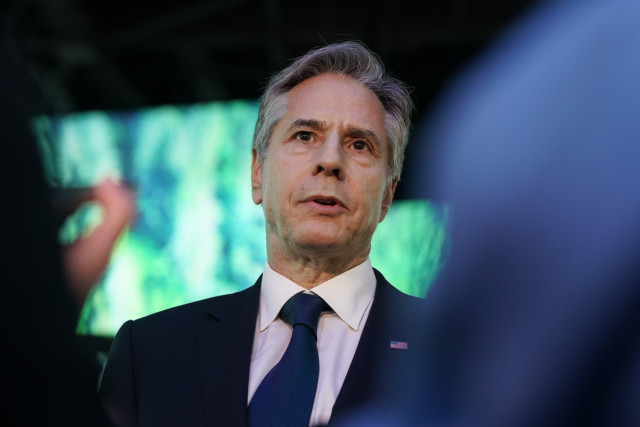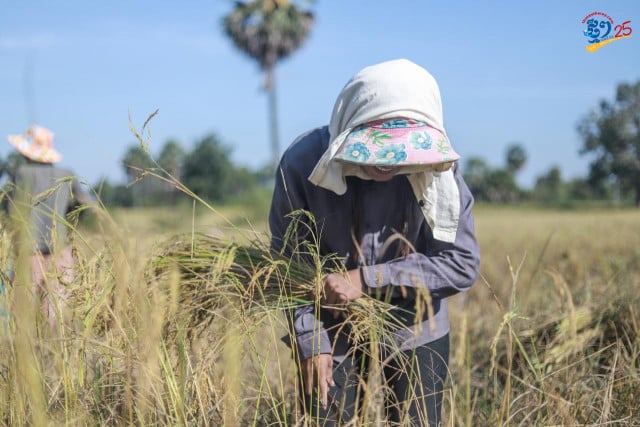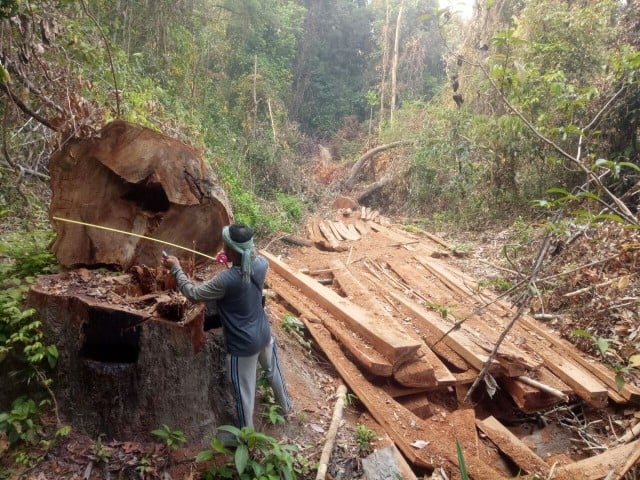US Sends Warning to Bangladesh on Free Election

- By Agence France-Presse (AFP)
- May 25, 2023 8:51 AM
Washington, United States -- The United States said Wednesday it would restrict visas to Bangladeshis who undermine elections, in a pre-emptive warning as fears mount of turbulence in the upcoming vote.
Secretary of State Antony Blinken said the United States was supporting "free, fair and peaceful national elections" and would target either pro-government or opposition supporters in the deeply polarized nation.
"I am announcing this policy to lend our support to all those seeking to advance democracy in Bangladesh," said Blinken, who already has authority under US law to restrict visas over election meddling.
He said the move could affect current or former officials and politicians and members of law enforcement, the judiciary and security services "believed to be responsible for, or complicit in, undermining the democratic election process in Bangladesh."
"The holding of free and fair elections is the responsibility of everyone -- voters, political parties, the government, the security forces, civil society and the media," he said in a statement.
Bangladesh is scheduled to hold general elections in January. The opposition has already been leading large protests, demanding that Prime Minister Sheikh Hasina hand over to a caretaker government and accusing her of irregularities in past votes.
State Department spokesman Matthew Miller said the visa announcement should not be interpreted as a US accusation against the government.
Hasina has been in power since 2009 and has generally been seen as a Western ally, with her opposition to radical Islamism and business-friendly policies, and has especially close ties with neighboring India.
But the United States under President Joe Biden has also voiced concern on rights, criticizing a law on digital security that has been seen as a way to curb online dissent, and did not invite Bangladesh to it two summits of democracies.
China has also been seeking influence in the world's eighth most populous country, investing billions of dollars in infrastructure projects.
© Agence France-Presse















